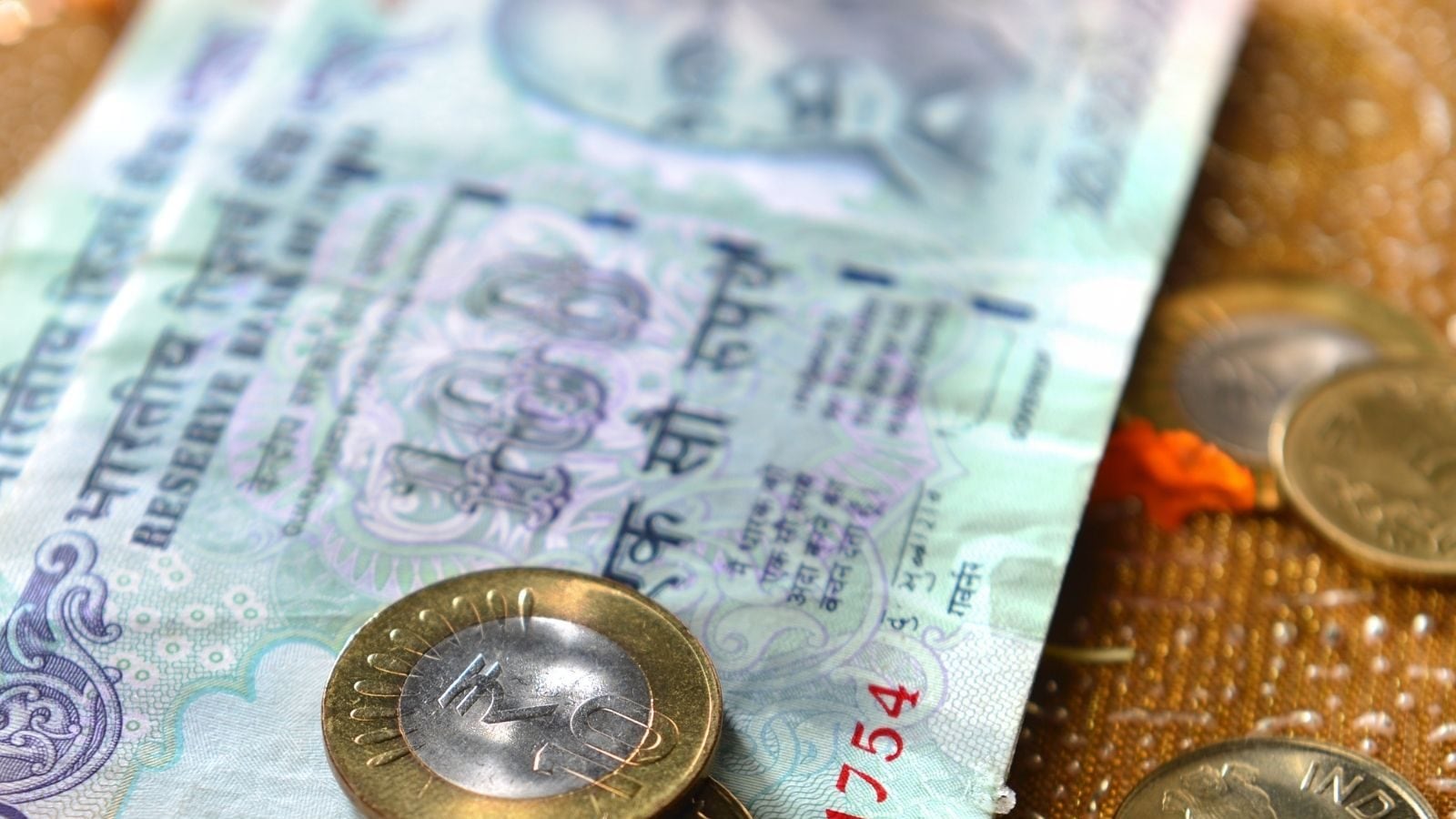The six-member Monetary Policy Committee (MPC) of the Reserve Bank of India (RBI) has kept the repo rate unchanged, RBI Governor Shaktikanta Das announced on Thursday, February 10. With the Reserve Bank of India maintaining the status quo on policy rates such as repo and reverse repo for the tenth consecutive time, borrowers will continue to pay low rates on their home and auto loans. However, depositors have no immediate respite from one of the lowest interest rates on term deposits, as their expectation has grown a bit longer. RBI, in its bi-weekly monetary policy review, kept the repo rate and repo rate unchanged at 4% and 3.35% respectively. Prime rates were last changed in May 2020. Here’s what RBI’s status quo means for existing borrowers and those looking to take out new loans.
Repo-linked housing, car loans
As the RBI has decided to keep the repo rate unchanged, the rates for home and car loans linked to the repo rate are not expected to increase anytime soon unless the bank decides to increase or decrease its risk premium or margin on the loan. Thus, the EMIs of loans from these borrowers will likely remain the same.
Those considering taking out new loans should seize the opportunity as many banks are offering festive interest rate discounts and processing fee waivers. Interest rates on home loans now start at 6.50%, while auto loans can be availed from 7.20% interest. New borrowers are expected to lock in the current low rates as rising inflation may force the RBI to change its policy rate decision at the next policy review meeting.
Anuj Puri, Chairman of ANAROCK Group, said: Although the window of opportunity for home buyers to benefit from low interest rates has been extended for some time, it is unlikely to prevail any longer – sooner or later, repo rates will increase. Overall, this courageous and progressive stance by the RBI takes into account real-time realities on the ground and runs counter to industry expectations that repo rates would be increased.”
What should former borrowers do?
Borrowers who have home and auto loans tied to BPLR, Prime Rate, MCLR, may not see a change in their loan EMIs. Experts say that if your loan is over 5 years old, it makes sense to switch it to a new lender who offers lower rates than your current lender. RBI had made it mandatory since October 1, 2019, for all floating rate retail loans from banks to be linked to an external benchmark such as the repo rate.
So, by converting your old home loans to repo-linked rates, you can get more than 1% lower rates. It should be mentioned here that one should only switch loans if the rate differential is greater than 50 basis points and the cost of switching (such as processing fees and new loan fees) is not not very high. The net benefits of change should look attractive. You can also talk to your existing lender about switching your home loan from the old regime to the new repo-linked rates. If your lender agrees to do this for a minimal fee, it makes sense to change it.
Short-term deposit rates could be on the rise
Whenever the interest rate cycle turns around from the bottom, it is usually short and medium-term interest rates that are likely to rise first. As for long-term interest rates, it will take a little longer for these rates to rise significantly.
Fixed deposit rates
Since the RBI has kept the repo rate unchanged, there may be no further reduction in FD rates across bank mandates. But some banks may change FD rates of a specific term based on supply and demand. Analysts say FD rates are already at historic lows, there may be no further cuts in FD rates, given that real rates have turned negative amid high inflation.
So if you are thinking of reserving an FD now or looking to renew your existing FD it will be best to opt for a shorter term deposit say one year or less so that your deposit is not stuck at a lower rate for long. Whenever the short and medium term rates increase, you can start increasing the duration of the FDs accordingly.
Read all the latest news, breaking news and updates on coronavirus here.

